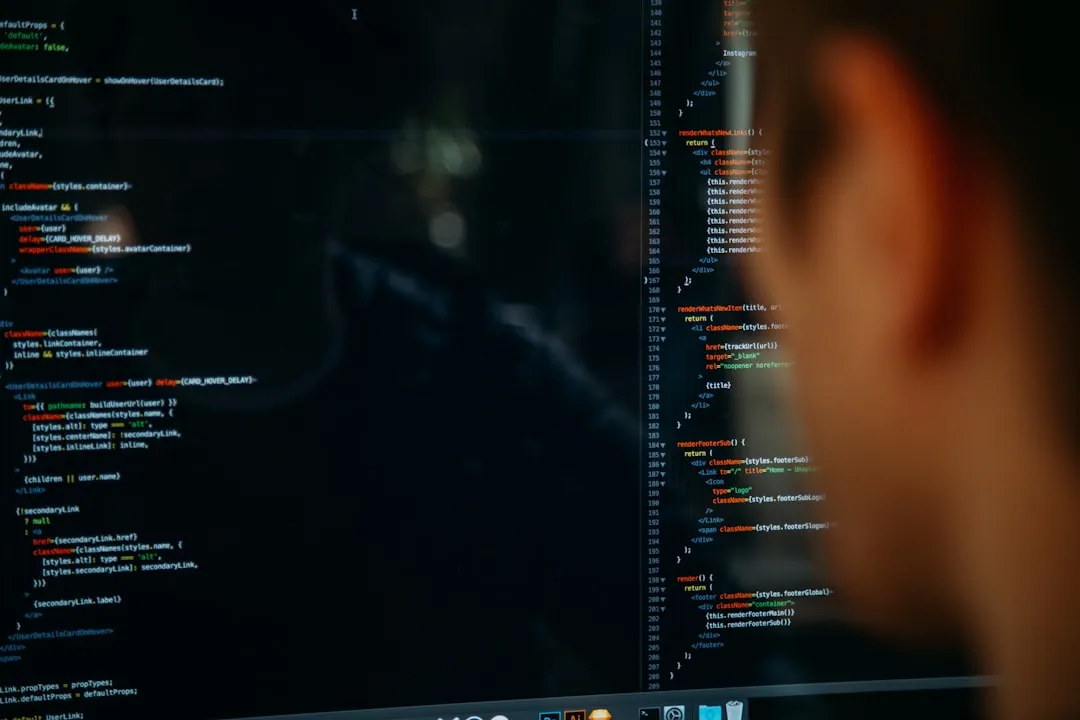Anthropic’s Claude 4 models promise to redefine intelligent agents and coding with groundbreaking capabilities and tools.
Anthropic’s Claude 4 models redefine AI capabilities.
Anthropic’s Claude 4 is set to revolutionize intelligent agents and coding with its latest model family.
Anthropic Claude 4 Launches a New Chapter in AI
Anthropic has recently introduced its latest Claude 4 model family, marking a significant milestone in the evolution of intelligent agents and coding capabilities. With Claude Opus 4, touted as the new powerhouse, and Claude Sonnet 4, designed as a smart all-rounder, the company is positioning these models to redefine what AI can achieve. Emphasizing their ambition, Anthropic claims these models are engineered to ‘advance our customers’ AI strategies across the board.’ This focus on versatility and performance showcases the company’s commitment to pushing the boundaries of technology, particularly in the realms of coding, research, writing, and scientific discovery.
The implications of this launch are profound. Anthropic’s assertion that Opus 4 serves as the tool to “push boundaries” in various domains speaks to a broader vision where AI becomes an indispensable partner in tackling complex challenges. The introduction of these models not only enhances the capabilities of AI but also reflects a growing trend towards more sophisticated, task-oriented intelligent agents that can adapt to the evolving needs of users.
Claude Opus 4: The Pinnacle of AI Coding
When Anthropic describes Claude Opus 4 as its ‘most powerful model yet and the best coding model in the world,’ it invites intrigue and scrutiny. Supported by substantial performance data, Opus 4 has achieved remarkable scores such as 72.5% on SWE-bench and 43.2% on Terminal-bench, illustrating its high competency in critical software engineering benchmarks. What truly sets Opus 4 apart is its design, which focuses on sustained performance over prolonged tasks—an essential trait for coding environments that demand deep focus and effort over extended periods.
Imagine an AI that can work continuously for several hours, tackling intricate problems without faltering. This capability indicates a significant leap forward from prior models and expands the possibilities for developers and researchers alike. Opus 4’s ability to maintain high performance during long-running tasks positions it as a leader in coding and AI-assisted development, hinting at a future where AI agents can reliably handle complex programming challenges that require significant endurance and cognitive load.
Claude Sonnet 4: Versatility for Everyday Use
While Opus 4 stands as the heavyweight champion, Claude Sonnet 4 emerges as a versatile workhorse, promising enhancements across a broad spectrum of applications. Early adopters have expressed positive feedback, with GitHub stating that Sonnet 4 excels in agentic scenarios and is set to become the foundational model for their upcoming coding agent in GitHub Copilot. Such a high-profile endorsement not only validates its capabilities but also signals a shift towards integrating sophisticated AI models into everyday software tools.
Tech commentator Manus highlights Sonnet 4’s improvements in following complex instructions and providing clear reasoning, which are vital attributes for coding assistants. iGent’s report on Sonnet 4’s proficiency in autonomous multi-feature app development and significantly reduced navigation errors underscores its practical applications in real-world software development workflows. With a reported decrease in navigation errors from 20% to near zero, Sonnet 4 is proving to be an invaluable asset for developers striving for higher quality and efficiency in their projects.
Hybrid Functionality and Developer Tools
A standout feature of the Claude 4 family is its hybrid functionality, allowing both Opus 4 and Sonnet 4 to operate in two distinct modes: one for quick responses and another for extended reasoning. This dual capability is particularly beneficial in scenarios where immediate feedback is crucial, while deeper analysis is required for more complex tasks. While extended thinking mode will be available in the Pro, Max, Team, and Enterprise plans, the decision to offer Sonnet 4 with this feature even to free users exemplifies Anthropic’s commitment to democratizing access to advanced AI technology.
Additionally, Anthropic is introducing new developer tools within its API, aimed at fostering innovation in AI agent creation. Features such as a code execution tool, the MCP connector for standardized context exchange, and a Files API for direct file interaction are set to enhance the development experience significantly. These tools will help developers create more sophisticated AI applications, opening up new avenues for interactive and problem-solving capabilities within their software environments.
Real-World Performance and Pricing
In terms of real-world performance, Anthropic emphasizes that its Claude 4 models lead the pack on SWE-bench Verified, a key benchmark for software engineering tasks. Beyond coding, these models excel in reasoning, multimodal capabilities, and agentic tasks, positioning them as versatile tools for diverse applications. Despite the advancements, Anthropic has maintained a stable pricing model: Claude Opus 4 is priced at $15 per million input tokens and $75 per million output tokens, while Claude Sonnet 4 offers a more accessible price point at $3 per million input tokens and $15 per million output tokens.
This strategic pricing model not only encourages adoption but reassures existing users that they can continue leveraging these powerful tools without significant additional costs. Both models are readily available via the Anthropic API and are also being integrated into platforms like Amazon Bedrock and Google Cloud’s Vertex AI, making them easily accessible for businesses and developers worldwide. This broad availability signals Anthropic’s intention to lead in bringing advanced AI capabilities to the forefront of software development and intelligent agent behavior.
Conclusion: A Transformative Impact on AI Development
With the launch of Claude 4 models, Anthropic is clearly doubling down on enhancing AI capabilities, particularly in the complex domains of coding and autonomous agent behaviors. The advancements represented by Opus 4 and Sonnet 4 not only promise to facilitate innovation but also redefine the landscape of AI-assisted development. As businesses and developers begin to integrate these new tools, the potential for transformative applications in technology and beyond is set to expand dramatically.


